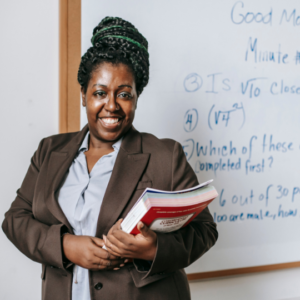
Teachers are pivotal in breaking the cycle of poverty, inequality, and social injustice while fostering economic growth in South Africa. However, the country stands at the precipice of a growing crisis considering that by 2030, South Africa’s school-age population will expand by 5,6%, demanding a 6,2% surge in the number of teachers. This spike is in addition to the educators needed to replace retiring teachers and those being lost to other forms of attrition. In light of World Teachers’ Day (WTD), Dr Corrin Varady, CEO of IDEA, emphasises the critical role played by South Africa’s teachers in shaping the nation’s future and what needs to be done to empower our teachers and fostering a better environment for them to ensure all learners have equal and quality education.
Considering the theme of this year’s WTD, which is ‘The Teachers We Need for the Education We Want: The global imperative to reverse the teacher shortage’, Dr Varady points out that while there is a global teacher shortage, this is even greater in South Africa with the rising number of teachers reportedly leaving for overseas positions on top of an already growing deficit. “An international teacher recruitment agency has confirmed that it has placed 50% more South African teachers in schools abroad since 2020 than prior to the pandemic. Unfortunately, teachers in South Africa are faced with a unique set of challenges which may lead them to seek greener pastures.”
According to Minister of Basic Education, Angie Motshekga, in an address at the inaugural national teacher conference held by the South African Council for Educators (SACE), she acknowledged that local teachers need access to ongoing professional development opportunities, technology, and resources to continue providing the best possible education to our learners. “The Minister is on the right track to retain the country’s teachers and attract more to the profession,” states Dr Varady, “However, technology holds the key to supporting teachers in two vital ways: professional development and overcoming classroom challenges.”
“South Africa has traditionally relied on a ‘train-the-trainer’ model for Continuing Professional Teacher Development (CPTD), but its effectiveness is up for debate due to the expense of such a model in terms of transport and salary costs, the scarcity of high-quality trainers, and the lack of ongoing support provided forms a compelling case for leveraging technology,” he explains. “Instead, online teacher development platforms can offer a wide range of courses, allowing teachers to expand their skills at their own pace. This can reduce the costs associated with traditional in-person training but can make professional development more accessible to teachers across the country.”
Implementing technology can also help to ensure that teachers are adequately prepared for educational change and reforms. “For instance, as curricula are now moving away from rote learning towards the development of creative and critical thinking skills to prepare learners for the world of work in the information age, teachers also need to be equipped to teach this.”
He adds that due to students being on different learning levels as a result of pandemic-induced learning losses, technology like artificial intelligence can be used to identify the areas where the learner may be struggling and suggest ways to address these, thus enabling the teacher to then personalise and accelerate the pupil’s learning. “Year after year, our teachers are benchmarked against learner performance. And, given the country’s dismal results in standardised tests such as the Trends in International Mathematics and Science Study (TIMSS), this is having an understandable knock-on effect on job satisfaction. This, in turn, fuels the desire to seek opportunities abroad.”
“We have the opportunity to support our teachers with tech tools to assist them with teaching and help them on their personal growth journey”, continues Dr Varady. “If we don’t act now, we stand a chance to lose teachers at a faster pace. As we strive to improve the quality of education in our country to provide equal opportunities for all South African learners, technology is the answer to providing a modern ecosystem to improve the landscape for teachers, bridging learning gaps, and securing the future of the nation’s education system,” he concludes.

